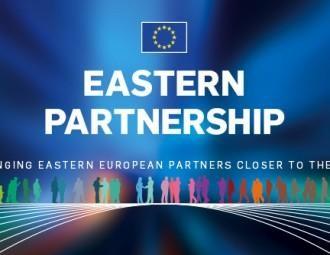European Union prepared "20 Points Post-Vilnius"

Thirteen European Union states have developed draft development prescription for the Eastern Partnership program.
The paper states that Brussels should continue to engage with Kiev on a "broad political spectrum" and adjust EU policy "in the light of developments," RFE/RL informs.
However, a senior EU diplomat said that visa restrictions and asset freezes directed at Ukrainian officials responsible for the crackdown on the demonstrators still isn't on the table.
The paper -- titled "20 Points on the Eastern Partnership Post-Vilnius" -- will be discussed by the 28 EU foreign ministers at their monthly meeting in Brussels on February 10 and is supported by EU heavyweights like Germany and the United Kingdom.
Although the document stops short of calling for future EU membership for some or all of the Eastern neighbours, it does say that the EU should start "exploring some sort of 'European package' as a station beyond the association agreements."
The text says that this package should focus on mobility and visas, student exchanges, more twinning projects, and increased participation in EU community programs and agencies.
The EU member states also want to engage with Russia in a "substantial, frank, and open dialogue on the integration processes in Europe" but at the same time underline that punitive actions against Eastern Partnership countries are "unacceptable."
-
03.01
-
07.10
-
22.09
-
17.08
-
12.08
-
30.09










































